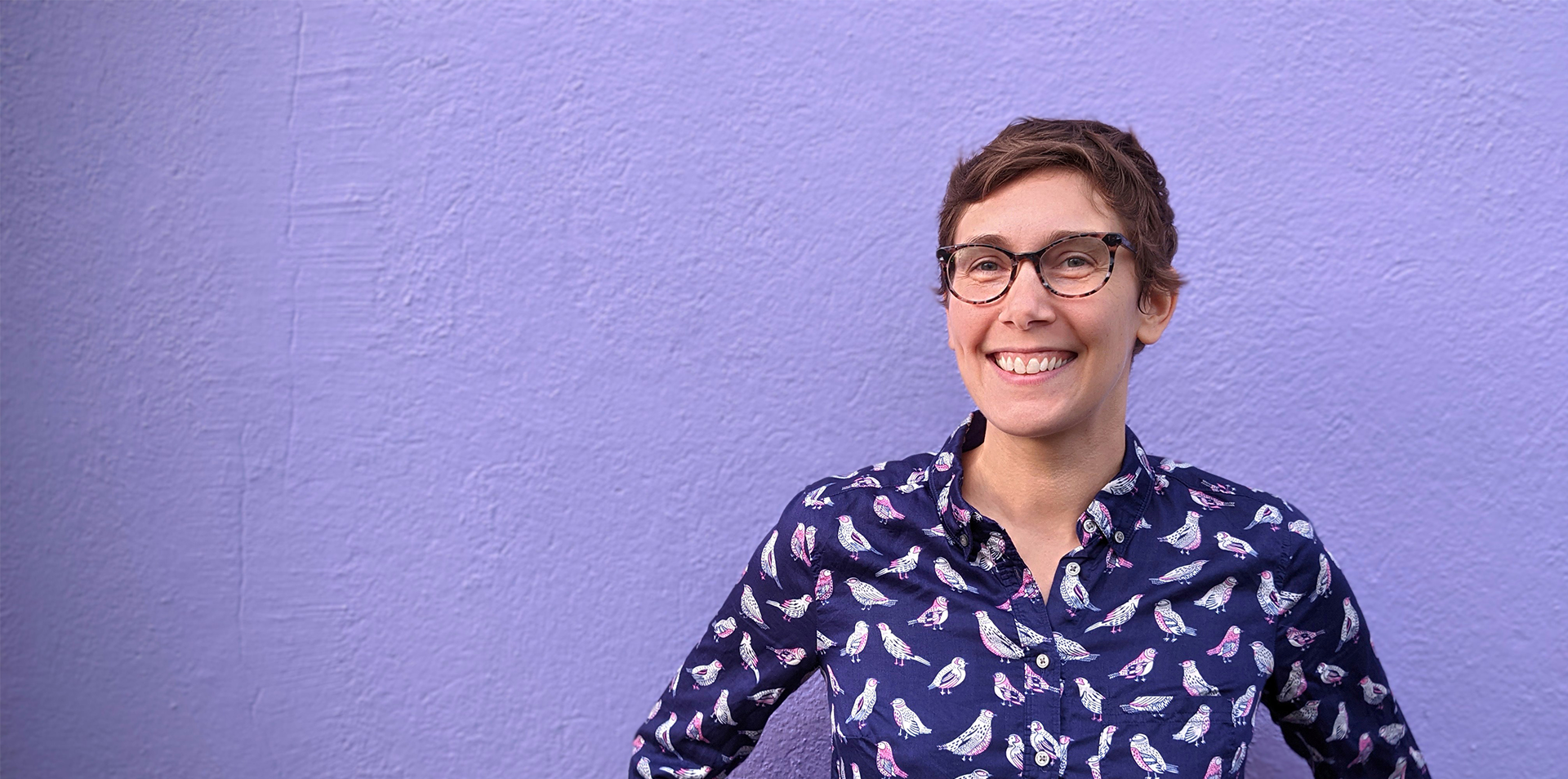Micah L. Sifry, the co-founder of Personal Democracy Forum, took a closer look at ROI for Facebook apps in his piece last week Facebook Haggadah: A Case Study in Viral ROI (Is This App Different From All Other Apps?) for TechPresident. He sent his thoughts around asking for feedback and I was more than happy to share some ideas on the subject.
Here’s an excerpt from his post:
Within a day his Facebook Haggadah was all over the web. It looks like David Bernstein at the Volokh Conspiracy was the first major blogger to post about it, Monday at about 5pm, and AllFacebook’s Nick O’Neill tweeted about it two hours later. Soon it was being retweeted all over Twitter, and for good reason.
If you’re Jewish or you’ve ever been to a seder, Elkin’s retelling of the story is hilarious. It’s also deeply in tune with a longstanding Jewish tradition of modifying and updating the Haggadah to grapple with modern times and norms (see Arthur Waskow’s 1960s “Freedom Seder” for more on this history). I thought it would be interesting to take a look at the viral spread and impact of Elkin’s spoof, especially as it turns out that he had a serious goal in posting his parody, which is to get people involved in fighting global warming and in particular to draw users to a Facebook app he spent months writing called “YesWeConserve.com.” The app is designed to help people find and share popular energy-saving ideas, and reports that its users have collectively so far made “186 pledges to save $6243.27 and 22735 kilograms of CO2 per year.”
…
Elkin reports that his Facebook app Yes We Conserve has gotten about 5,500 visits as a result, but only 233 people have installed it. He notes that people can use a lot of the app’s functionality without installing it, “which is what most people do.” But he’s disappointed in his conversion rate.
Why is This App Different From All Other Apps?
Should he be? It seems to me that Elkin did pretty well in gross terms, considering that his conservation app isn’t much related to a satirical retelling of the Passover story, and in essence is functioning more like an interstitial ad than anything else. Getting nearly 4% of the people who looked at the Haggadah to click through to YesWeConserve, and then getting about 4% of that group to adopt the app seems like a decent conversion rate for something that cost him nothing to promote.
These were the thoughts I shared with Micah:
I think that social media has created an outlet for individuals to cause-align in a way that replaces the brands of clothes you wear to be judged at school, with the issues you are passionate about to be judged online. I’m not the only one seeing this trend, though, and that’s why there are SO many Facebook apps to get people connecting their individual online space with social actions they care about. What I’m sensing is that many people are overwhelmed with apps—ones their friends keep inviting them to use, ones they accidentally click on, ones they want to use but none of their friends are using, and so on. The way to unmuck the water could be to focus in on apps that let users broadcast an array of issues and opportunities from one little box, instead of installing and managing lots of little boxes.
I think 4% is great for the YesWeConserve application! I’d certainly be proud! But, given what I just said, I’d also think about how that application could create a more user-drive, dynamic space within that 400×400 box to reassure users that adding it to their profile isn’t a wasted five minutes.
What do you think? What questions about ROI do you or your organization have when considering the build or integration of a Facebook app or similar tool? Have you seen apps that you really like? Ones you really don’t like? You can read Micah’s full blog post here.
Would love to hear your thoughts!
